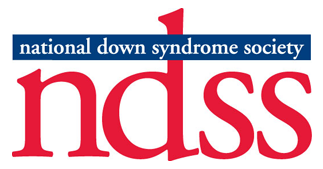Have you ever had a question and didn’t know where to find the answer? If so, you’ve come to the right place.
This section is a compilation of answers to the questions most commonly asked by our constituents. Just start by following one of the links below. If you can’t find the question you wanted to ask, don’t hesitate to contact us.
-
How do you talk to a child about Down syndrome?
USE THIS LANGUAGE WHEN REFERRING TO DOWN SYNDROME AND PEOPLE WHO HAVE DOWN SYNDROME:
People with Down syndrome should always be referred to as people first.
Instead of "a Down syndrome child," it should be "a child with Down syndrome." Also avoid "Down's child" and describing the condition as "Down's," as in, "He has Down's.”
Down syndrome is a condition or a syndrome, not a disease.
People "have" Down syndrome, they do not "suffer from" it and are not "afflicted by" it.
“Typically developing” or “typical” is preferred over “normal.”
“Intellectual disability" or "cognitive disability” has replaced “mental retardation” as the appropriate term.
NDSS strongly condemns the use of the word "retarded" in any derogatory context. Using this word is hurtful and suggests that people with disabilities are not competent. -
Our organization raises awareness and helps individuals with Down syndrome and their families through extensive programs and services.
-
We’re always on the lookout for individuals like you wanting to get involved. Visit our How To Help section to find out ways to donate or volunteer.
-
We have a stewardship responsibility to our community and our donors and are dedicated to long-term sustainability of the organization.
-
Our organization takes our privacy policy seriously and takes steps to protect and ensure the safety of our supporters. We do not sell or otherwise disclose information about our volunteers or supporters outside of our immediate organization. This policy has no exceptions. We do not sell or exchange your information with any other organizations, public, private or nonprofit.





